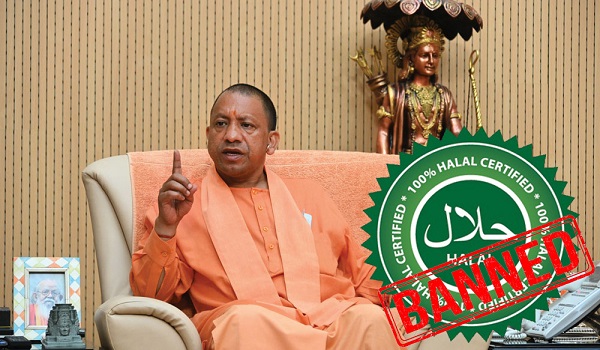The Uttar Pradesh government recently issued orders prohibiting the production and sale of specific halal-certified food products. The directive extends to the initiation of actions against organizations involved in the production and sale of halal-certified drugs and cosmetics. Authorities assert that this decision aims to curb unauthorized entities from providing halal certificates to certain non-meat products, denouncing it as a “malicious attempt to exploit a specific religious sentiment and potentially incite discord among communities.”
The government’s orders, executed by the food safety and drug administration department, emphasize that displaying halal certification on labels of drugs and cosmetics amounts to “misrepresentation.” Such actions are deemed punishable under the Drugs and Cosmetics Act of 1940, as the act lacks provisions for halal certification. Similarly, for food items, the government contends that halal certification on non-meat products like dairy items, sugar, and bakery products creates a “parallel” system to the standardization provided by the Food Safety and Standards Authority of India (FSSAI). This, they argue, leads to confusion and is also subject to punishment for misrepresentation under the Food Safety and Standards Act, 2006.
Earlier this year, the Union Commerce Ministry issued guidelines for the certification of halal meat products, specifying that only bodies accredited by the NABCB (National Accreditation Board for Certification Bodies) can issue valid halal certificates. A senior government official revealed that authorities discovered numerous unauthorized private companies granting certification to products such as oil and sugar. The official stated that 592 companies, including 92 food companies, have procured certification from such entities. To avoid legal action, these companies must revise their packaging and eliminate halal certification.


